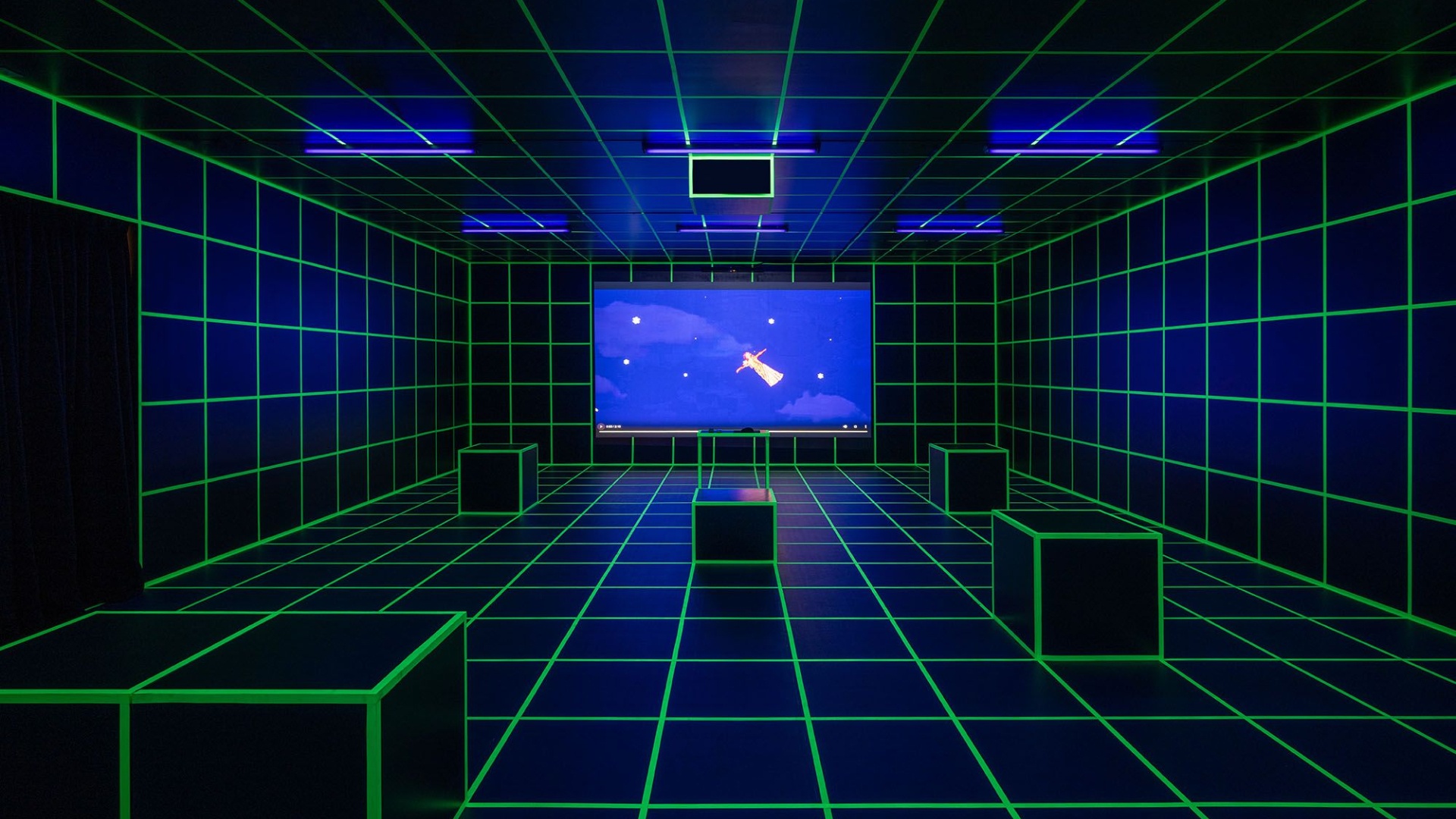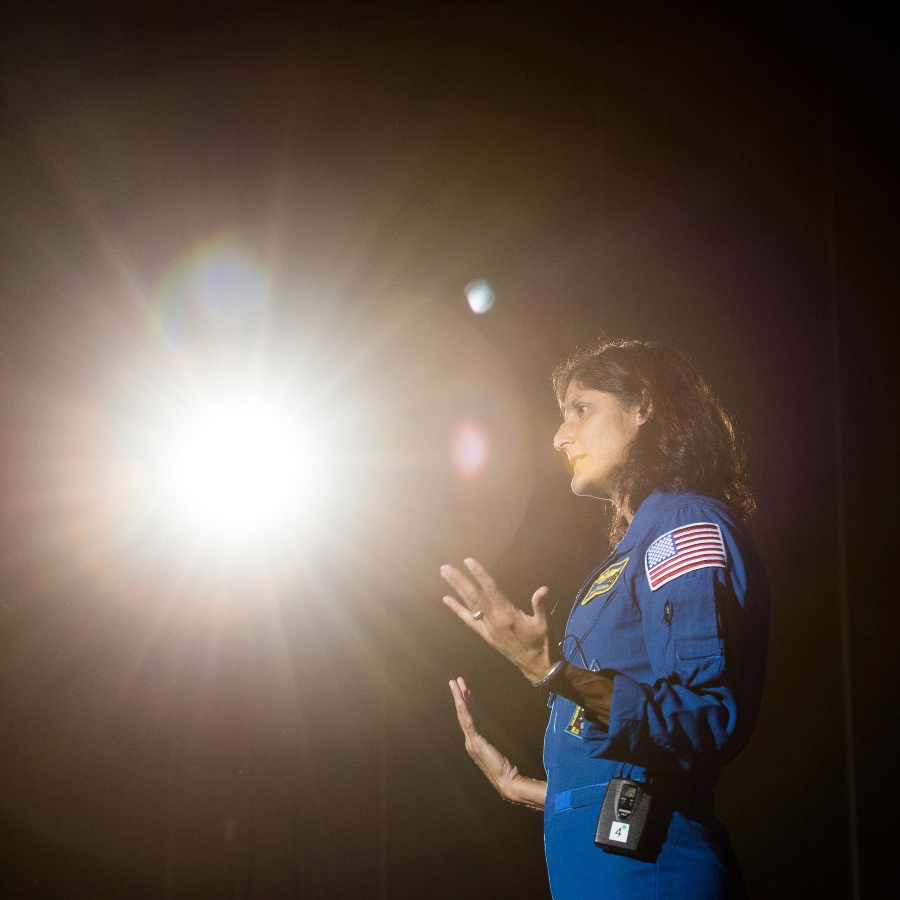In 2020, new media artist Afrah Shafiq was, like all of us, doomscrolling through the lockdown when she discovered an ant infestation in her Goa home. The distraction was actually a blessing. The more she watched them, the more the ants intrigued her. How did they know to never cross the same path twice? And how did they communicate? When one ant found a piece of food, how did all the others realise they had to fall into formation and march towards it in unison?
Shafiq is not one to sit with unanswered questions for long. Soon enough, she was back online, but this time, she was trawling those corners of the Internet dedicated to studying the correlation between ant behaviour and algorithms. “You think of the Internet as this sort of artificial thing that human beings have created, but it’s actually got a lot of parallels to the ways in which things exist in the natural world,” she explains.
Her long-held interest in the “philosophies of technology”, as she calls it, has pushed her to explore art in a space where weaving meets coding and cross-stitch meets dot matrix. Naturally, tech is her canvas of choice. In 2017, her investigations into pre-colonial Indian feminism led her to design a browser-based interactive multimedia essay titled Sultana’s Reality, which was showcased at the fourth edition of the Kochi-Muziris Biennale. The Alice in Wonderland-style installation, populated with GIFs and animation, is currently on view at the NMACC in Mumbai until June 9.
But the ants were a little more complicated.

Over the years, the word ‘algorithm’ has taken on a sort of nefarious, diabolical quality. It’s the wool that covers our eyes, the smoke and mirrors that keep us from seeing reality. “We love to hate the algorithm, but algorithms are nothing but a set of pre-designed principles,” insists Shafiq. “Users of the internet have always found ways to subvert these rules.” She points out how, back in the days of pay-per-character SMS, humans devised “chat speak”. Or how today, protestors use emojis to avoid getting shadow-banned on social media.
So what if human beings were given a chance to actually see an algorithm at work? Armed with a grant from the Swiss Arts Council Pro Helvetia, which she shares with collaborator Swiss architect Jeremy Waterfield, Shafiq devised an interactive video game installation that simulates the movements of an ant colony. The ‘food’ that feeds the colony is a series of thoughts that players plug into the system themselves. “It’s almost like a confessional,” Shafiq says, noting that people have admitted to worrying about exams, feeling burnt out at work, even cheating on their partner. The digital installation sits within a life-size anthill, designed by Waterfield, that is reimagined in local materials every time it travels to a new location.
Visitors walk into it as strangers, but once inside, they’re a colony, their fates irrevocably entwined. Depending on the thoughts the players choose to feed off, the colony could burn down, drown, or—in the event that most thoughts are left ignored—even starve.

Where Do Ants Go? was first presented at the Dhaka Art Summit in 2023 and is currently at the Horst Arts and Music Festival in Brussels, after which it will travel to the Zeppelin Museum in Germany and Pivô Arte e Pesquisa in São Paulo.
Although the game may change a little each time, one aspect remains constant: there is nothing to win or lose. Shafiq’s work illustrates the thoughts that players share across each location, and she imagines the project will eventually offer her a bird’s-eye view of the issues that people grapple with in different countries. “I think I need to stop calling it a game,” she laughs. “It’s a thought experiment.”
Where do the Ants Go? is currently on display at the Horst Arts and Music Festival in Brussels; Sultana's Reality is on view as part of the Liminal Gaps exhibition at the NMACC Art House in Mumbai until June 9.




